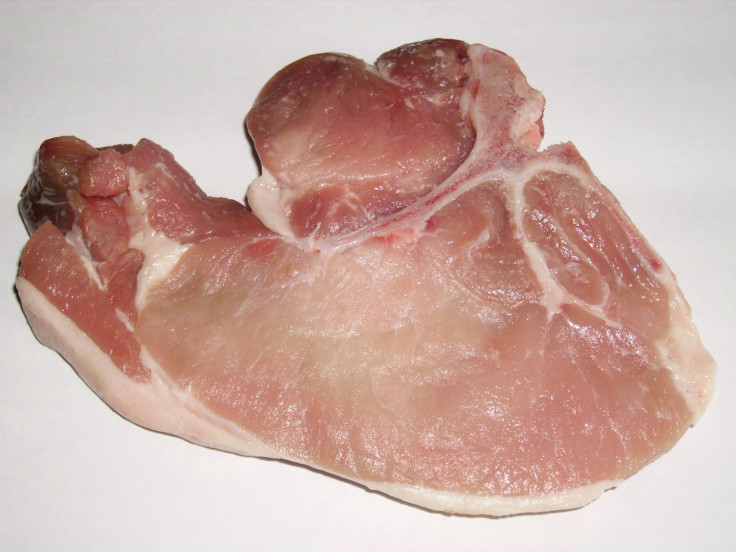Potentially fatal 'superbug' found in UK pork products
The bacteria can cause urinary tract and wound infections, among other illnesses.
A potentially fatal antibiotic-resistant superbug has been found in some pork products in the UK during tests by a non-profit called World Animal Protection.
The group, along with Fera Science, examined 103 meat samples from British supermarkets and online outlets and found the presence of a variant of the enterococci bacteria in several products including joints, chops and mince.
It is more widespread in the UK than previously thought, per the study. The bacteria can cause urinary tract and wound infections, among other illnesses. It could even infect the bloodstream, heart and brain.
The deadly bacteria has also shown resistance to antibiotics used to treat serious illnesses in humans. It basically implies that treatment will be difficult because some antibiotics may not work in case of infections caused by the bacteria.
The findings are an indication that the use of medicines on factory farms has increased drastically over the last few years. A government survey in 2018 had found that one in 100 pork and poultry items contained enterococci. However, the new tests found the bacteria in 13 of 103 samples, including organic meat samples.
"These findings suggest that antibiotic use is by no means under control in parts of the meat industry. Buying any food is a trust relationship; no consumers have X-ray specs to see what these findings show. There's no label," Tim Lang, a professor emeritus of food policy at City, University of London, told The Guardian.
Antimicrobial resistance is a major public health concern around the world. Enterococci in particular constitute an important threat. Although these bacteria are present in the intestinal flora of humans and animals, they can cause devastating infections in people with weakened immune systems.
The experts believe that it is essential to reduce drug use in farming if we wish to curtail the number of deaths reported every year. At least 700,000 people die every year due to these fatal superbugs and if timely action is not taken, the number of deaths could rise to 10 million by 2050.
The authorities suggest that cooking meat thoroughly, and handling it hygienically can help reduce the risk posed by the bacteria. The meat products should also be kept separately, and hands, knives and boards should be washed thoroughly after use.























